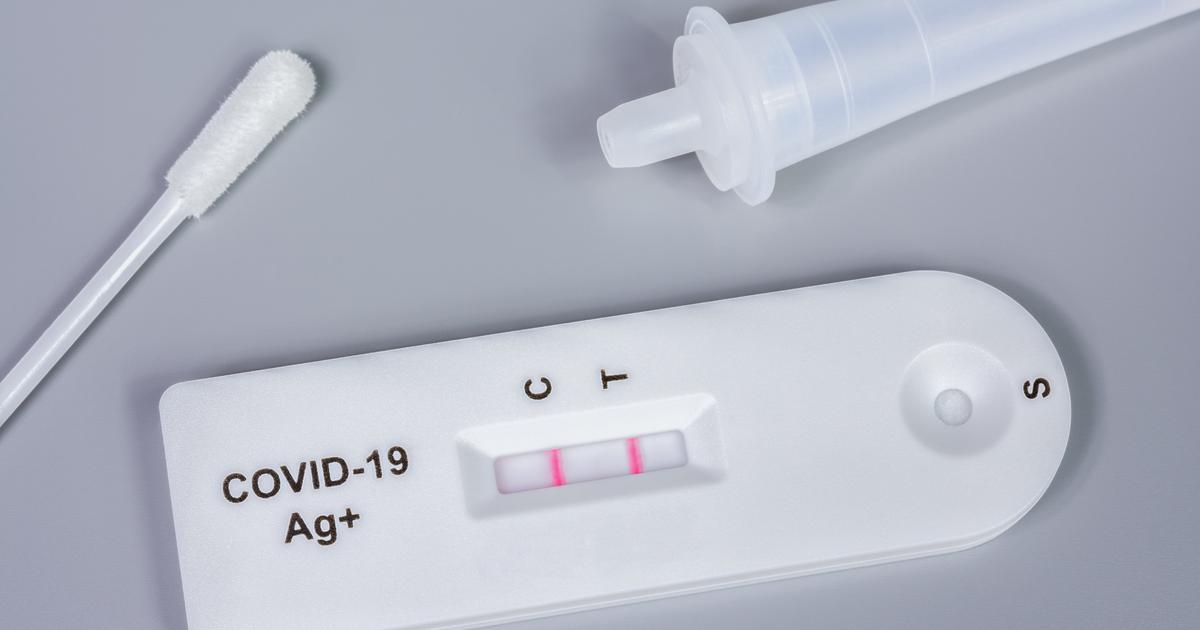COVID-19 Pandemic Reverses Decade of Life Expectancy Gains
The COVID-19 pandemic has significantly impacted global life expectancy, causing it to drop by nearly two years between 2019 and 2021. According to the World Health Organization's (WHO) recent annual report on global health statistics, life expectancy fell from 73.2 years in 2019 to 71.4 years in 2021. This decline effectively reverses a decade of progress, bringing life expectancy back to 2012 levels.
Healthy life expectancy, a measure that estimates the years a person can live in full health, also dropped by 1.5 years to 61.9 years in 2021. WHO Director-General Dr. Tedros Adhanom Ghebreyesus emphasized how the pandemic has highlighted the fragility of global health advancements. 'In just two years, the COVID-19 pandemic has erased a decade of improvements in life expectancy,' he stated.
The impact was not uniform across the globe. Regions in the Americas and Southeast Asia experienced the most significant declines, with life expectancy dropping by around three years and healthy life expectancy by 2.5 years. Conversely, the Western Pacific region saw minimal impacts, with life expectancy decreasing by less than 0.1 years and healthy life expectancy by 0.2 years over the same period.
Dr. Samira Asma, the Assistant Director-General of the WHO, stressed the importance of maintaining a stable environment where all populations can thrive. These revelations underscore the necessity of the new Pandemic Agreement currently being negotiated by WHO member countries. This treaty aims to not only bolster global health security but also ensure that investments in health and equity are safeguarded both within and between countries.
Furthermore, the report identified non-communicable diseases as the primary causes of death worldwide, while issues like obesity and malnutrition continue to rise. These factors compound the global health challenges exacerbated by the pandemic, emphasizing the need for comprehensive health strategies moving forward.
- The pandemic's unequal impact on life expectancy highlights existing disparities in global health systems. For example, while the Americas and Southeast Asia faced significant setbacks, the resilience of the Western Pacific region suggests that regional healthcare policies and preparedness levels can greatly influence outcomes.
- This new data reinforces the call for stronger international collaboration in health policy and response mechanisms. The proposed Pandemic Agreement aims to address these disparities by fostering global unity and preparedness against future health crises.






